Florence, Oregon, is a coastal town with a rich history intertwined with its location on the Siuslaw River. Founded in the late 19th century, it grew from a logging outpost to a cultural hub, driven by the river's significance as a lifeline and trade route. Historical landmarks like old docks and warehouses reflect its maritime past, while the city's evolution showcases resilience and adaptability through diverse industries. The Siuslaw River continues to hold immense value for Florence, shaping its identity, aesthetics, and ecological landscape while fostering a unique cultural tapestry that blends history with modern developments.
“Explore the captivating journey of Florence, a coastal community that has evolved over centuries. From its humble beginnings as a settler’s haven to a vibrant seaside destination, this article delves into Florence’s rich history. Discover how the Siuslaw River shaped its identity and explore the maritime traditions that navigated change. Uncover the town’s transformation from a logging hub to a tourism hotspot, while unwinding its cultural evolution and preserving historical landmarks. Experience Florence’s unique blend of past and present.”
- Florence Founding History: From Settler To Seaside Community
- Florence Maritime History: Navigating The Waves Of Change
- Siuslaw River Significance: Life Blood Of Florence's Coastal Identity
- Florence Logging Industry: From Timber To Tourism
- Florence Cultural Evolution: A Tapestry Weaved Through Time
- Florence Historical Landmarks: Preserving The Past, Shaping The Future
Florence Founding History: From Settler To Seaside Community
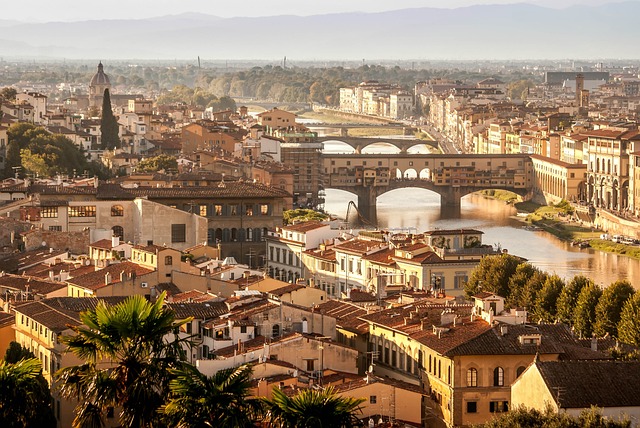
Florence, nestled on the Oregon coast, boasts a rich history that intertwines with its coastal roots. Founded in the late 19th century, this community emerged as a bustling port city centered around the Siuslaw River. The river’s significance cannot be overstated; it served as a vital lifeline for early settlers who relied on it for transportation, trade, and sustenance. The Florence founding history is deeply rooted in its maritime heritage, shaping the very essence of this seaside community.
Over time, Florence evolved from a simple logging outpost into a thriving cultural hub. The logging industry played a pivotal role in the town’s development, attracting workers and fueling economic growth. As the century progressed, the community’s focus shifted, leaving behind its logging roots to embrace a diverse cultural evolution. This transformation is evident in the array of historical landmarks that dot the landscape, each telling a piece of Florence’s unique story—a testament to its resilience and adaptability as a coastal community.
Florence Maritime History: Navigating The Waves Of Change
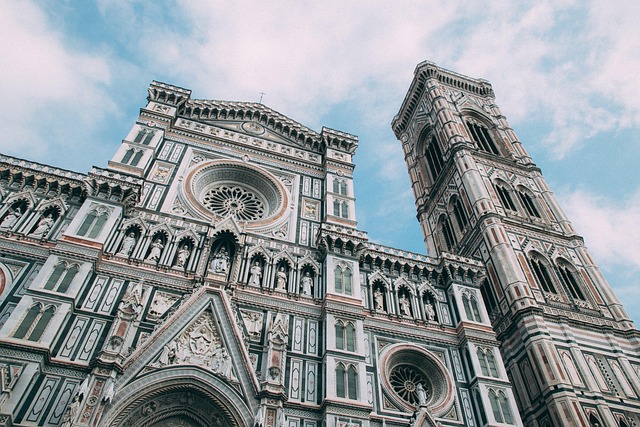
Florence’s story begins with its strategic location on the coast, nestled alongside the Siuslaw River. Since its founding, the city has been deeply intertwined with the sea and river, shaping its maritime history and cultural evolution. The Siuslaw River, a significant waterway, facilitated trade and transportation, becoming a vital artery for the community’s early growth.
Over time, Florence flourished as a hub for logging, leveraging its access to vast forests and the river’s navigable waters. This industry left an indelible mark on the town’s infrastructure and economic landscape. As the years progressed, Florence’s maritime heritage continued to evolve, with historical landmarks like the old docks and warehouses testifying to its past as a bustling port city. The community’s adaptability and connection to the sea remain integral parts of its identity, contributing to its rich cultural tapestry.
Siuslaw River Significance: Life Blood Of Florence's Coastal Identity

Florence’s coastal identity is deeply intertwined with the Siuslaw River, which serves as its lifeblood since its founding days. The river, a vital part of Florence’s maritime history, has been instrumental in shaping the community’s cultural evolution. It facilitated transportation, trade, and logging industry growth, leaving indelible marks on the town’s historical landmarks.
The Siuslaw River’s significance extends beyond economic activities; it also holds aesthetic and ecological value for the community. Its meandering waters, teeming with life, have inspired artists and fostered a deep connection between residents and their natural surroundings. This harmonious relationship with the river has contributed to Florence’s unique character, preserving its historical essence while embracing modern developments.
Florence Logging Industry: From Timber To Tourism
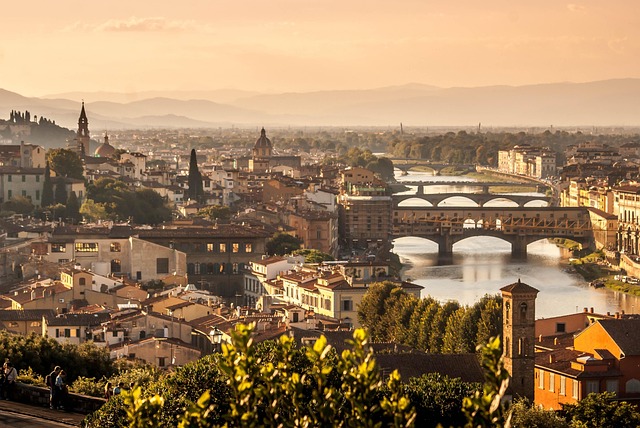
Florence, nestled along the picturesque Siuslaw River, boasts a rich maritime history that has shaped its identity from its founding days. The city’s evolution reflects a transformative journey from a logging hub to a thriving coastal tourist destination. Once dominated by the mighty logging industry, Florence’s cultural evolution is a testament to its ability to adapt and reinvent itself. The town’s historical landmarks, like old mills and bustling docks, narrate stories of its past when timber was king.
The Siuslaw River, a vital artery, facilitated trade and transportation, contributing significantly to Florence’s founding history. As the logging industry waned, the community embraced new opportunities, converting its reliance on timber into a vibrant tourism sector. This transition showcases Florence’s resilience and ability to diversify, ensuring its place as a dynamic coastal community in today’s world.
Florence Cultural Evolution: A Tapestry Weaved Through Time
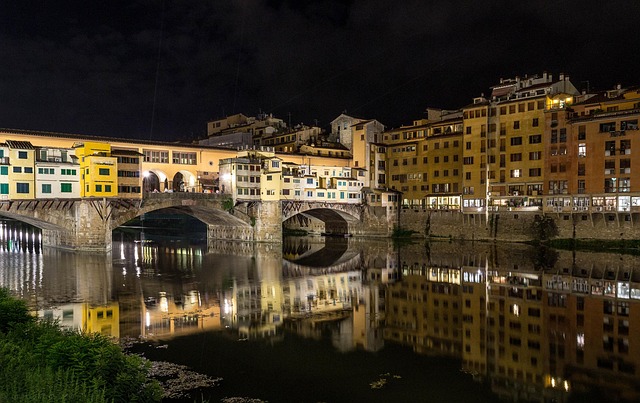
Florence, nestled along the coast of Oregon, boasts a rich tapestry of cultural evolution woven through its history.
Dating back to its founding by European settlers in the mid-19th century, the city’s story is intertwined with its location on the picturesque Siuslaw River. Initially driven by maritime trade and logging industry booms, Florence became a bustling port town attracting diverse communities. The historical landmarks scattered throughout the city bear witness to this dynamic past, from fishing canneries to sawmills, each playing a vital role in shaping its unique character. As time progressed, Florence’s cultural evolution continued, embracing new industries and artistic movements while preserving its strong maritime heritage, making it a vibrant destination that seamlessly blends history with contemporary charm.
Florence Historical Landmarks: Preserving The Past, Shaping The Future
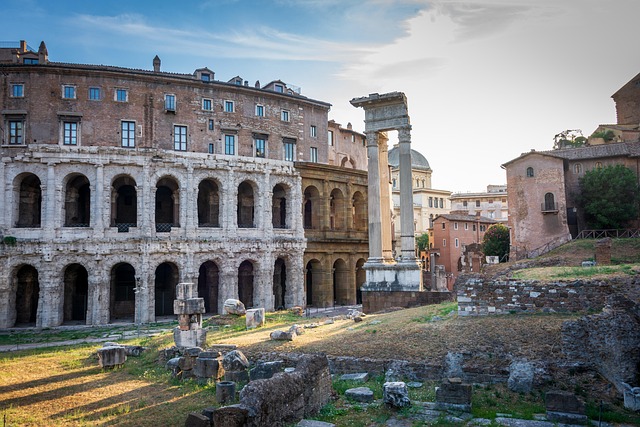
Florence, nestled along the Oregon coast, boasts a rich history that intertwines with its coastal community roots. From its founding as a small settlement to its evolution into a vibrant town, each era has left its mark on the area’s cultural and economic landscape. The Florence founding history is steeped in maritime traditions, with early settlers drawn by the Siuslaw River’s significance as a shipping route. This river, a lifeline for the community, continues to shape Florence’s identity even today.
The logging industry played a pivotal role in Florence’s past, driving its growth and development. Majestic forests once lined the coast, providing a steady supply of timber that fueled local economies. As time progressed, Florence underwent a cultural evolution, transforming from a logging town into a diverse community that embraces its unique history while looking towards the future. The preservation of historical landmarks is at the forefront of this evolution, ensuring that the stories and experiences of past generations remain intact for future Florensians.
